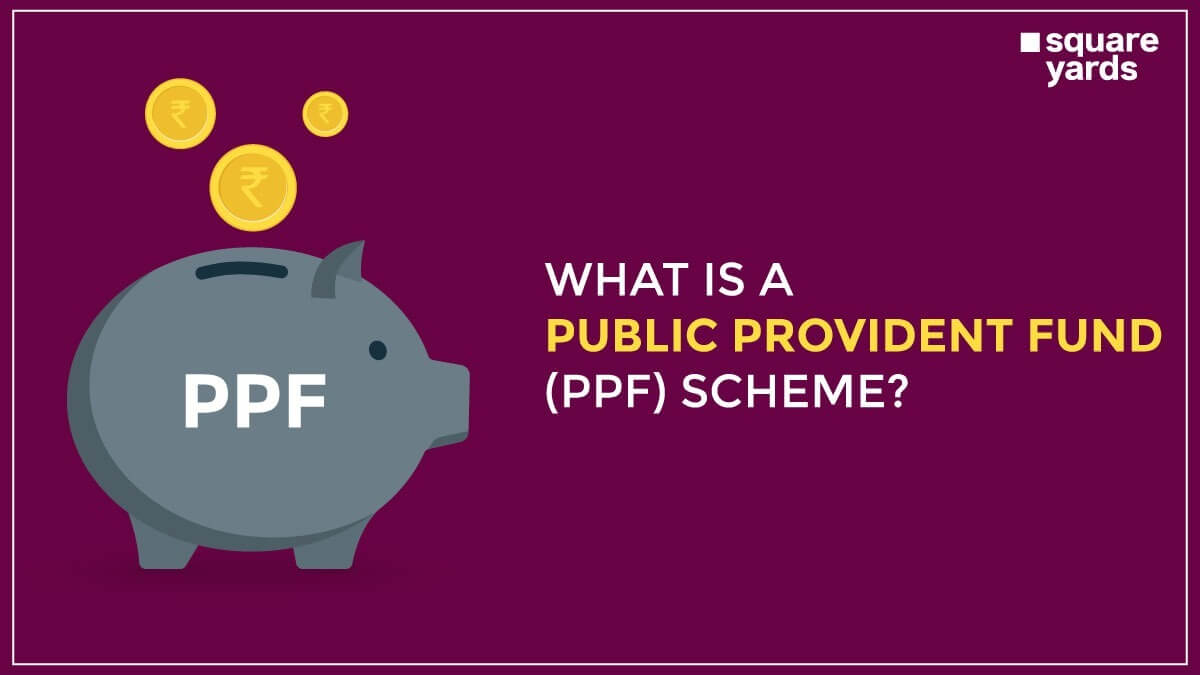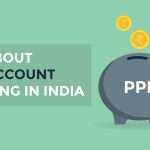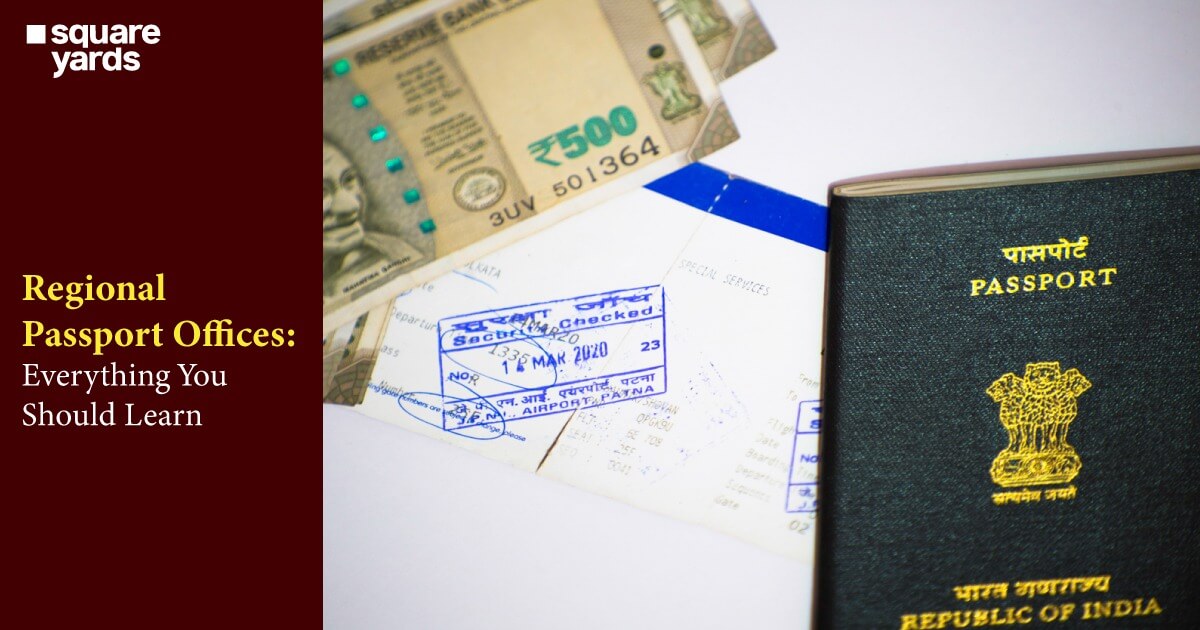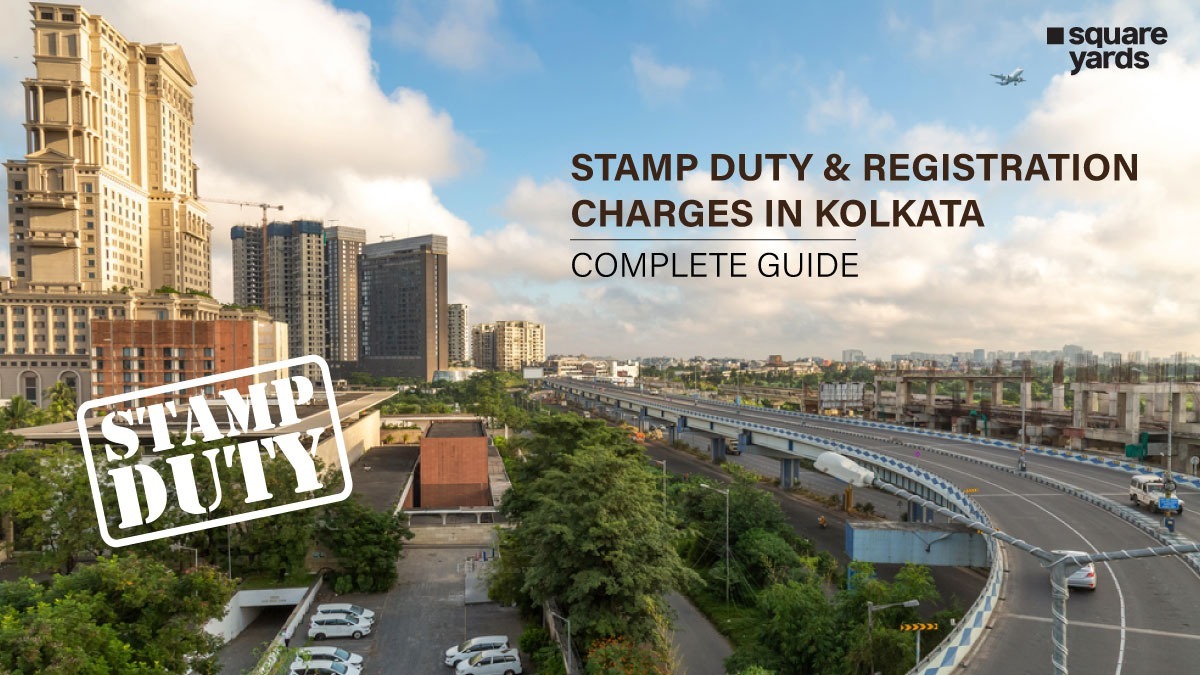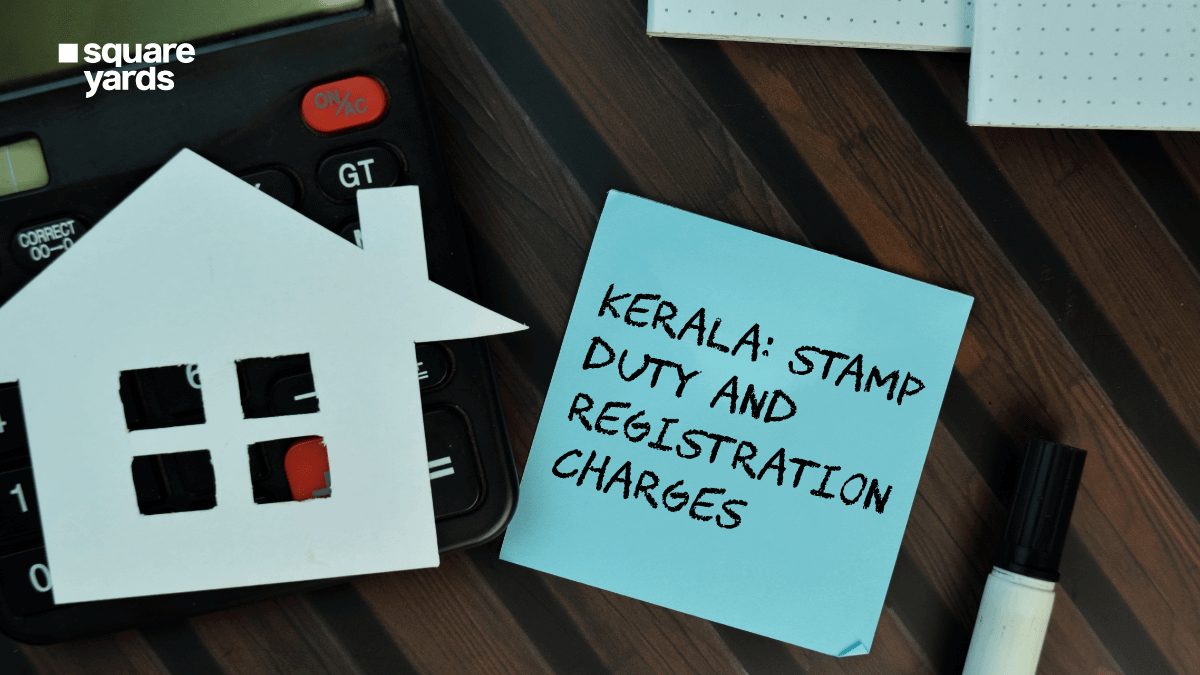PPF (Public Provident Fund) was initiated in 1968 by the Finance Ministry’s National Savings Institute. It is one of the oldest long-term saving products in India. Offering a great mix of safety and tax savings, PPF Scheme is also a popular form of investment amongst citizens.
Investors consider PPF as a retirement tool for regularly putting aside a sum of money over a long period. The scheme generally has a 15-year maturity period. However, investors can extend the maturity tenure if they want to.
Let’s dig deeper into the details of the scheme to understand it better.
Table of contents
- What is the PPF (Public Provident Fund) Scheme
- PPF Scheme – Essential Details
- Features of a PPF Plan
- What are the Documents Required for Opening a PPF Account?
- Who is Eligible to Invest in a PPF Scheme?
- How Can One Know about PPF Account Number?
- How to Withdraw the PPF Account Amount before Maturity?
- Is PPF Scheme a Good Option?
- Wrapping Up
- Frequently Asked Questions (FAQs)
What is the PPF (Public Provident Fund) Scheme
By definition, PPF is a long-term investment scheme that provides lucrative interest rates on the invested amount. Interestingly, the interest or returns that a person gains through this scheme are not taxable. However, to apply for this scheme, one has to open a PPF account and claim the deposited amount under Section 80C of the Income Tax Act.
PPF Scheme – Essential Details
Here are some key details that you must know before opening a PPF account.
| Rate of Interest | 7.1% p.a. |
| Investment Limit (Minimum) | ₹500 p.a |
| Investment Limit (Maximum) | ₹1, 50,000 p.a. |
| Tenure | 15 years (with an extension facility) |
| Risk Factor | Guaranteed offers; risk-free and good returns |
| Tax Benefits | Up to ₹1.5 lakh under Section 80C |
Features of a PPF Plan
The details of the above-mentioned features are as follows:
- To open a PPF amount, one has to make a minimum investment of at least INR 500 while the maximum investment limit is INR 150,000 for every financial year.
- A PPF’s minimum investment tenure is 15 years. This tenure, however, can be extended in sets of 5 years if the investor wishes.
- The investor has to deposit an amount only once a year for a 15-year tenure.
- One can open a PPF account with an amount as low as ₹100. However, it is important to deposit at least ₹500 in the PPF account every year to keep it active.
- A PPF account holder can have one nominee. They can nominate a person while opening the PPD account or after opening it.
- There are multiple ways for depositing a PPF account. You can deposit money in your PPF account through cash, cheque, online transfer or a demand draft.
- The Public Provident Fund is a government scheme. This means, it is risk-free and comes with guaranteed returns.
- Opening a joint PPF account is not possible. One PPF account can only be in one person’s name.
What are the Documents Required for Opening a PPF Account?
To open a Public Provident Fund account, you can either visit your nearest Post Office or a bank. Previously only nationalised banks like Punjab National Bank, State of Bank of India, etc offered PPF services. But now, even private banks like HDFC Bank, ICICI Bank, Kotak Mahindra Bank Ltd and others are authorised for offering this facility. You require submitting the following documents for opening a PPF account:
- An application form which should be duly filled
- KYC documents like Voter ID, Aadhaar Card, Driving License, Passport, PAN Card, etc
- House address proof
- Nominee declaration form
- Photograph (passport size)
After you submit these documents, you can go ahead and deposit the amount towards opening the PPF account.
Who is Eligible to Invest in a PPF Scheme?
- Any citizen of India can open a Public Provident Fund account.
- A person (citizen) can only have one PPF account unless the person opens another account in the name of a minor.
- HUFs (Hindu Undivided Families) and NRIs (Non-Resident Indians) are not eligible for opening a PPF account. But if they already have a PPF account, it will stay active till maturity. This account, however, cannot be extended as in the case of an Indian citizen.
How Can One Know about PPF Account Number?
As mentioned above, there are two ways to open a PPF account – online and offline. Therefore, there are two ways to know your PPF account number.
Online Method
- Log in to your net banking account website.
- Look for the PPF account option on the home page
- Clicking on the PPF page will open all the PPF Scheme details such as account balance, latest transactions, and the PPF account number.
Offline Method
Those who open a PPF account offline via bank or post office will receive a passbook. The passbook will have every single detail related to your PPF accounts like
- Account number
- Post Office or Bank Branch details
- Account Balance
- Account Transactions, etc.
How to Withdraw the PPF Account Amount before Maturity?
Follow these steps for withdrawing your PPF account amount before maturity:
- Verify if you are eligible for withdrawal before maturity.
- In case you are eligible, visit your nearest post office or your bank, ask for Form C and fill out all the necessary details.
- If the account is of a minor, you will have to submit additional information. This will include a declaration form stating the minor is alive and you are making this withdrawal for the minor.
- Attach all the supporting documents with the form and submit it.
- The bank/post office will verify all the details and documents. If they find it all satisfactory, they will approve your request and release the funds to your savings account.
Is PPF Scheme a Good Option?
Yes, the Public Provident Fund is a good scheme for investment. Compared to other schemes such as an equity pension fund, this scheme offers fixed returns and lesser market risk. Another reason why a PPF plan is a good investment scheme is that the accumulated amount from a PPF account is non-taxable under the Income Tax Act.
Wrapping Up
Here’s hoping you now have all the information on the Public Provident Fund Scheme. From its meaning and features to its eligibility and account opening process, this piece covers everything. However, if you still have a query, we suggest talking to a bank representative. The representative will patiently respond to all your questions and make the PPF account opening or closing process simpler. You may also take a look at the FAQ section below for answers to some common questions.
Frequently Asked Questions (FAQs)
Is it compulsory for an Indian citizen to withdraw the PPF account amount after 15-year tenure?
No, an Indian citizen doesn’t need to withdraw on completion of 15 years. You can extend this period by 5 years if you wish to
Will I be able to extend my PPF account tenure by 2 years?
Yes, you can extend your PPF account tenure. But you are only allowed to perform this action in the block of 5 years.
Is there a limit on the number of times I can extend my PPF Account tenure?
As of now, there is no limit on the number of times you can extend your PPC account tenure. You can keep extending it until you’re finally ready to close it. Remember, you can extend the tenure only on maturity.
How can I close my PPF account?
To close your PPF account, you need to visit your nearest Post Office or Bank (where you opened your PPF account). At the office, ask for Form C, fill it and submit your Public Provident Fund passbook with it. The Post Office/Bank will review your application, process it and send the amount to your savings account.
How can I check my PPF account balance online?
For checking your PPF account balance online, sign in to your net banking account. Then, open your PPF account details and view the most recent PPF balance.
What is the interest rate for a PPF account?
The interest rate of a PPF account is 7.1% per annum. It is set by the government and is the same at every bank whether government or private.


